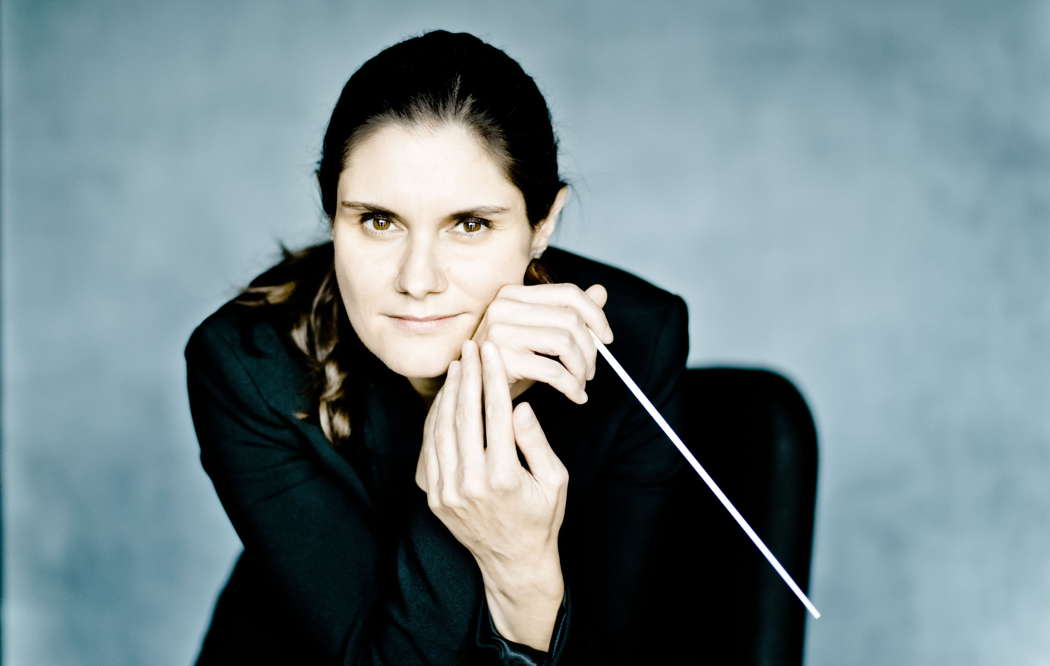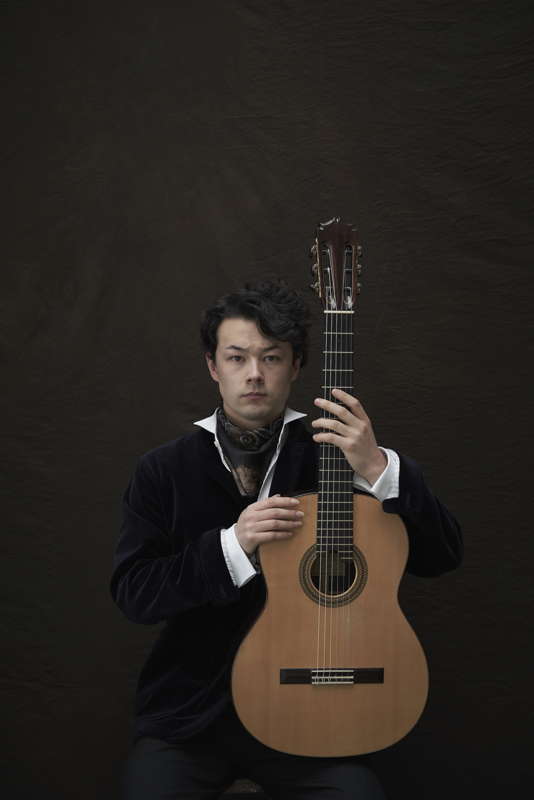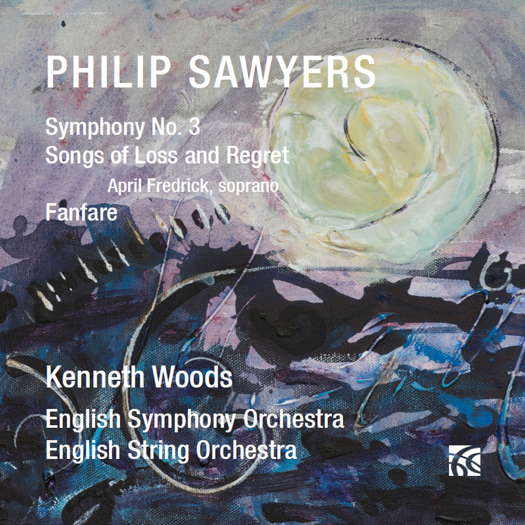- Greek Cypriot
- Anna Thorvaldsdóttir
- Chris Shultis
- Adrian Rumson
- Vytautas Bacevicius
- Josef Hofmann
- Novaci
- Austral String Quartet
Raw Vitality with Sensitive Lyricism
MIKE WHEELER is impressed by Rimsky-Korsakov, Rodrigo, Lili Boulanger and Stravinsky from Sean Shibe, Delyana Lazarova and the Hallé Orchestra
Delyana Lazarova has come to the end of her period as Assistant Conductor with the Hallé Orchestra, and her touching speech of gratitude to Sir Mark Elder and the orchestra for the experience she has gained rightly drew more than one round of applause from the audience - Royal Concert Hall, Nottingham, 30 June 2023.
And what a way to bow out! The start of Rimsky-Korsakov's Capriccio Espagnol was all fizzing ebullience. with a perky clarinet solo from Rosa Campos-Fernandez. The Variations featured Thomas Davey's plangent cor anglais, and burnished tone from the violins and violas. Leader Roberto Ruisi's contribution to the 'Scene and Gypsy Song' was full of appropriately fiery temperament, with notable cadenzas from Amy Yule, flute, Rosa Campos-Fernandez again, and Marie Leenhardt, harp. The earthy exuberance of the concluding Fandango was capped by a brilliant, hell-for-leather ending.

Delyana Lazarova. Photo © 2022 Marco Borggreve
In Rodrigo's Concierto de Aranjuez, Sean Shibe and the orchestra delivered a masterclass in holding the audience in the palm of your hand. Growing from a hushed opening, on Shibe's part, echoed by the strings, a pert account of the first movement was notable for sharply-etched, precisely-placed details. I don't think I've heard the second movement's inherent sadness brought out so clearly before, with Thomas Davey leading the way. The big solo cadenza was a continuation from what went before, not an interruption to it. Shibe made powerful use of his low register, in a performance of breathtaking inwardness that pulled us into the heart of a profound meditation. We emerged without a jolt into an account of the finale both incisive and graceful. Shibe's atmospheric brief encore was not announced.

Sean Shibe. Photo © 2019 Iga Gozdowska
Lili Boulanger's D'un matin de printemps is indebted to Debussy but not at all derivative. Lazarova and the Hallé Orchestra's impetuous performance caught it on the wing in all its airy freshness.
It was the perfect upbeat to a reading of Stravinsky's The Rite of Spring that combined raw vitality with sensitive lyricism. Orchestra and conductor treated it as not just a showpiece for a virtuoso band, never losing sight of the fact that this is a ballet score, first and foremost.
From Marceau Lefèvre's opening bassoon solo emerging almost eerily from silence, the Introduction was emblematic of just how much detail was going to come across throughout the performance. In 'Auguries of Spring' we could hear horns giving extra weight to the strings' accents, rather than swamping them, in a reading much more athletic than aggressive. The dragging chords in 'Spring Rounds' had a real sense of energy pushing down into the earth while, in 'Adoration of the Earth', the repeated-note trumpet figures cut through effectively, and the final cut-off left a real sense of shock.
With dynamic levels really low, the introduction to Part 2 had just the right air of nocturnal mystery. A sinuous 'Mystic Circles of the Young Girls' was choreography made audible, while 'Glorification of the Chosen One' had edge-of-the-seat excitement. The quiet passages in 'Ritual Action of the Ancestors' used the repetitive figures to help generate the tension that erupted in the 'Sacrificial Dance'. It was a demonstration of how to generate visceral excitement by keeping a cool head, as indeed was the whole performance.
Copyright © 5 July 2023
Mike Wheeler,
Derby UK





